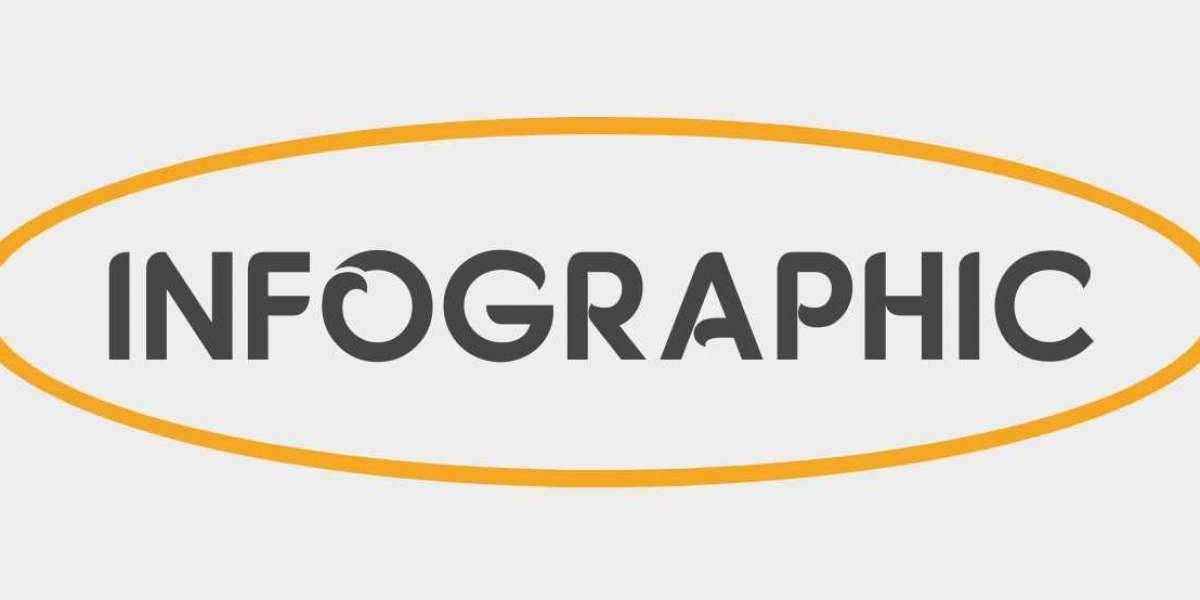Nutting Hill Villa is an elegant Tuscan style wedding venue that can accommodate both large scale and intimate events. Set on 100 acres, with spectacular views, guests can wander from the castle Villa through the majestic macadamia orchard to the spectacular light filled event space which merges seamlessly with tropical gardens, creating the ultimate romantic setting. Nutting Hill Villa offers total privacy, fabulous sunsets and spectacular valley views.
Source: Byron Bay Event Venues







